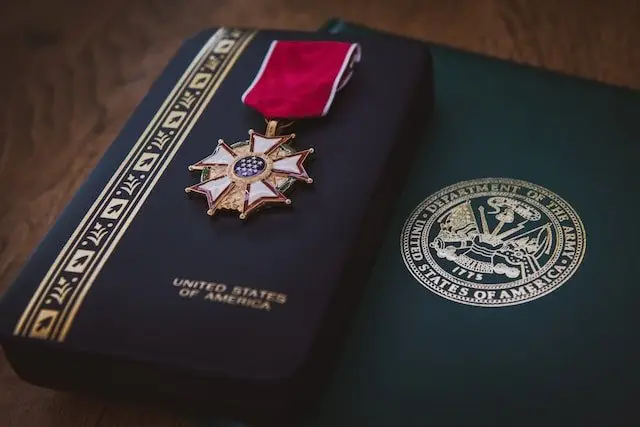Is a “Guilty” finding at NJP an actual “Conviction?”

Not a Criminal Proceeding. A guilty finding at a non-judicial punishment should never be considered a ‘conviction’ because it was never meant to be a criminal proceeding. The purpose of non-judicial punishment is to correct minor deficiencies with service members in an expeditious manner and not to punish the military member in any lasting way. […]
Non-judicial Punishment

Nonjudicial punishment (NJP) describes forms of punishment used to maintain good order and discipline in the armed forces. NJP is allowed by Article 15 of the Uniform Code of Military Justice (UCMJ). Depending on which service you are a member of, NJP is referred to by varying names.

